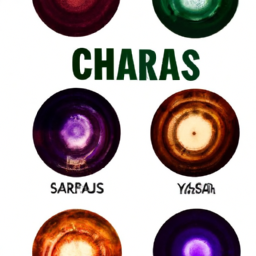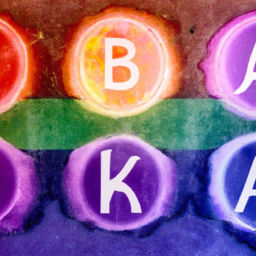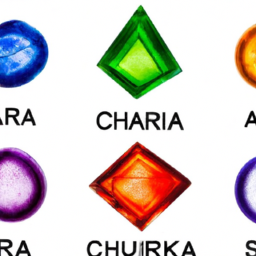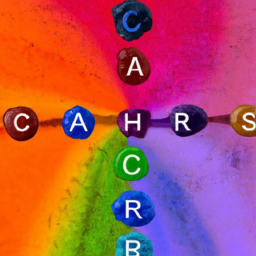
The Fascinating Origins of Chakras
Chakras – the circular energy centers that are believed to exist within our bodies – have gained immense popularity in recent years, especially in the realm of holistic healing and wellness. However, the concept of chakras has been around for thousands of years, with its roots deeply embedded in ancient Indian spiritual practices.
The word “chakra” comes from the Sanskrit word meaning “wheel” or “circle”. In Hinduism and some forms of Buddhism, these spinning wheels of energy are believed to be responsible for maintaining the equilibrium of our physical, emotional, and spiritual well-being. While there are believed to be thousands of chakras in our body, there are seven main chakras that are given the most attention and importance.
The Origins of Chakras in Ancient Texts
The earliest mention of chakras can be found in the sacred Hindu text, the Vedas, written around 1500 BC. The Vedas described the chakras as energy centers within the body, and they were associated with different deities and elements of nature. The Upanishads, written around 800 BC, further elaborated on the concept of chakras and their significance in achieving enlightenment.
However, it was not until the 1000 AD that the concept of chakras gained more widespread attention through the writing of a text called the Shatchakra Nirupana (The 6 Chakras). This text described the six chakras that are now commonly known as the root, sacral, solar plexus, heart, throat, and third eye chakras. It also introduced the idea that each chakra was associated with specific mantras, colors, and symbols.
The Roots of Chakras in Yoga and Ayurveda
Chakras are also deeply ingrained in two ancient Indian practices – Yoga and Ayurveda. The aim of yoga is to balance and awaken all the chakras through a series of poses, breathwork, and meditation. Each yoga pose targets a particular chakra or a group of chakras, helping to unblock the flow of energy and bring harmony to the body and mind.
Similarly, Ayurveda, the traditional Indian system of medicine, recognizes the significance of chakras in maintaining good health and preventing illness. Ayurveda practitioners believe that imbalances in any of the chakras can manifest as physical or mental ailments. They use various techniques, including massage, herbal remedies, and meditation, to balance the chakras and restore harmony to the body.
The Influence of Chakras on Western Culture
In the 1800s, the Theosophical Society, a philosophical organization that aimed to study the mysteries of life and nature, popularized the concept of chakras in the Western world. They introduced the idea that each chakra was associated with specific emotions and psychological states and that they could be used to heal physical and emotional issues.
In the 1970s, the New Age Movement brought further attention to chakras, and they became a prominent part of the spirituality and wellness scene in the Western world. Today, chakras are widely recognized as an essential element of yoga, meditation, and energy healing practices.
Conclusion
The origins of chakras can be traced back to ancient Indian spiritual practices, where they were considered integral to achieving enlightenment and good health. Over the centuries, the concept of chakras has evolved and gained popularity in the Western world, becoming a crucial element in various spiritual and wellness practices. Whether you believe in the existence of chakras or not, it cannot be denied that they hold a significant place in human history and continue to fascinate and intrigue people to this day.





Fascinating topic! Great post!
This post looks really interesting! Chakras have long been considered an important part of many spiritual and holistic healing practices, and it’s so cool to see the origin of these practices explored. I can’t wait to learn more about this!
Absolutely intriguing! Can’t wait to read further!
This subject sounds so fascinating! Really looking forward to learning more about it!